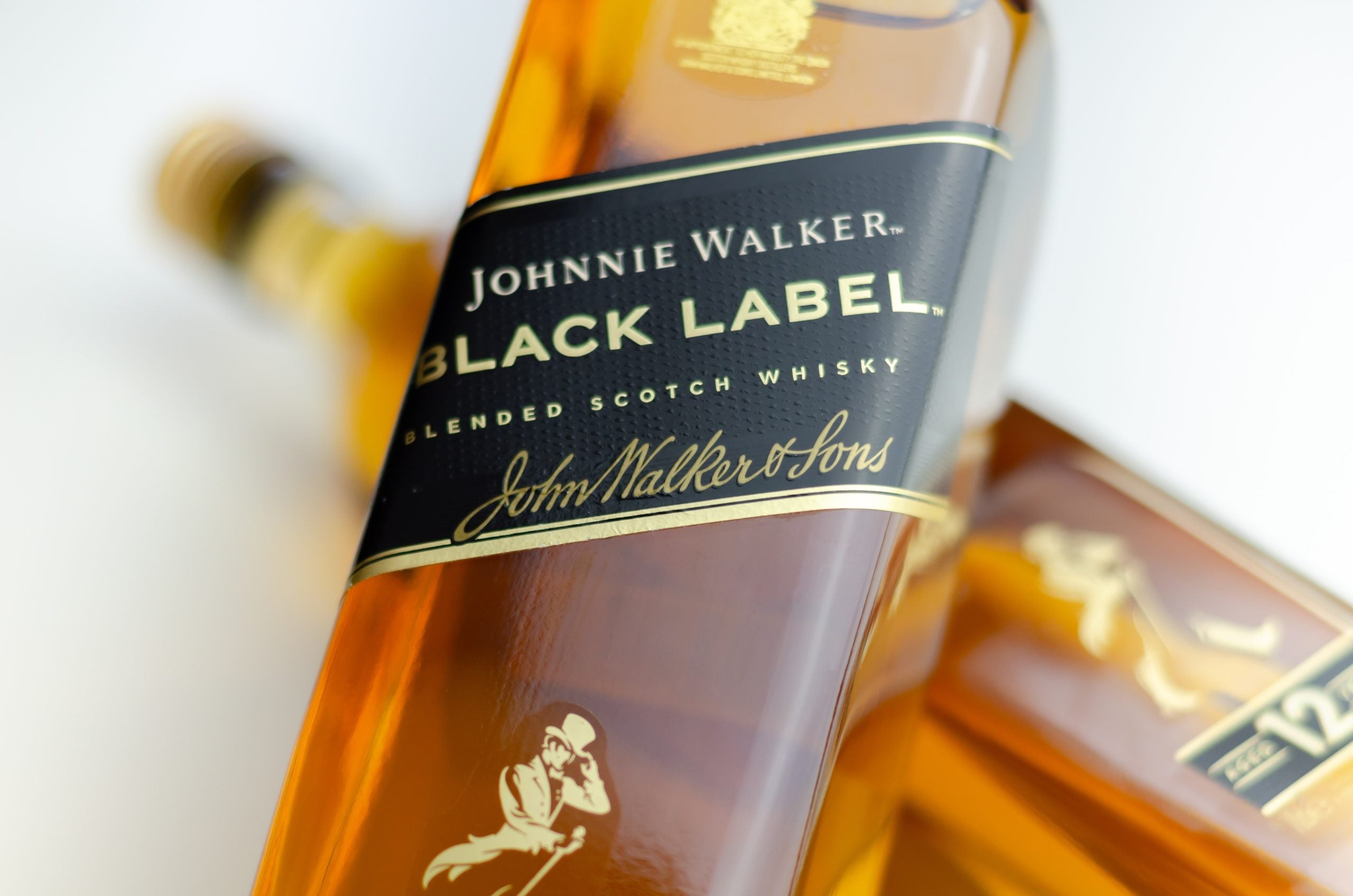
Diageo is to set up a new, wholly-owned subsidiary to run its spirits business in west and central Africa.
The UK-based group will no longer use the publicly-listed Guinness Nigeria to import and distribute its premium spirits, a stable of brands that includes Johnnie Walker, Singleton and Baileys.
Guinness Nigeria, in which Diageo owns a 58.02% stake, has handled the brands under a sales and distribution agreement that started in 2016. That deal will now end in April.
Some 6% of Guinness Nigeria’s revenue – or N14bn ($18.4m) – was derived from imported Diageo spirits products in the financial year ended 30 June 2023.
Just Drinks has asked Diageo for details on why it has decided to set up the subsidiary.
Guinness Nigeria will continue to manufacture and distribute non-alcoholic drinks, beer, RTDs and locally produced spirits, including Orijin, Captain Morgan Gold, Gordon’s Moringa and Smirnoff X1 Choco.

US Tariffs are shifting - will you react or anticipate?
Don’t let policy changes catch you off guard. Stay proactive with real-time data and expert analysis.
By GlobalDataIn a stock-exchange statement issued yesterday (5 October), Guinness Nigeria said the end of the distribution agreement will help it to focus on its core business while accelerating innovation in local spirits products. The move will also mitigate the adverse effects of “lingering foreign exchange scarcity and exchange rate volatility on the financial performance of the company”.
A number of African countries, including Kenya, Egypt, Zimbabwe, Nigeria, Ghana, Tanzania and Zambia, have struggled with US dollar liquidity shortages in recent times, which has caused an upsurge in import prices. And, in August, Guinness Nigeria revealed challenges with accessing forex for its operations in spite of the Central Bank of Nigeria’s moves towards foreign exchange rate convergence taken in June.
While Guinness Nigeria’s net sales increased by 10.9% in FY2023 to N229.4bn, profits after tax slumped from N15.7bn in 2022 to a loss of N18.2bn in 2023. Foreign exchange losses amounted to N49.1bn.
Meanwhile, in its 2023 annual report, Diageo reported operating profits of £176m ($215m) from its African business, a decrease of 44% on the previous year (£315m). Net sales of spirits, however, grew 8% driven by the increasing popularity of Johnnie Walker, while beer net sales grew by 3%.
In the same report, Diageo said: “In Africa, our strategy is to grow our beers fast and our spirits faster.”
David Harris, an alcoholic beverages research director at GlobalData, says: “With this, Diageo will be counting on growing moves towards spirits among younger African drinking-age consumers, who are increasingly seeking domestically-produced products which resonate with them, rather than imported western brands.”
“Despite Guinness’ ongoing popularity across Africa, we have seen a consistent shift away from unflavoured, traditional beer brands by younger consumers. Often viewed unfavourably as ‘your Dad’s beer’, this move is a symbolic shift by Diageo away from the old and into a new era of targeting younger African drinkers with exciting African products.”
“Their strategy seems to be going all in on Africa, essentially treating their operations in the region like a separate business sequestered from Diageo, while still wholly owned as a subsidiary.”
Our signals coverage is powered by GlobalData’s Thematic Engine, which tags millions of data items across six alternative datasets — patents, jobs, deals, company filings, social media mentions and news — to themes, sectors and companies. These signals enhance our predictive capabilities, helping us to identify the most disruptive threats across each of the sectors we cover and the companies best placed to succeed.


